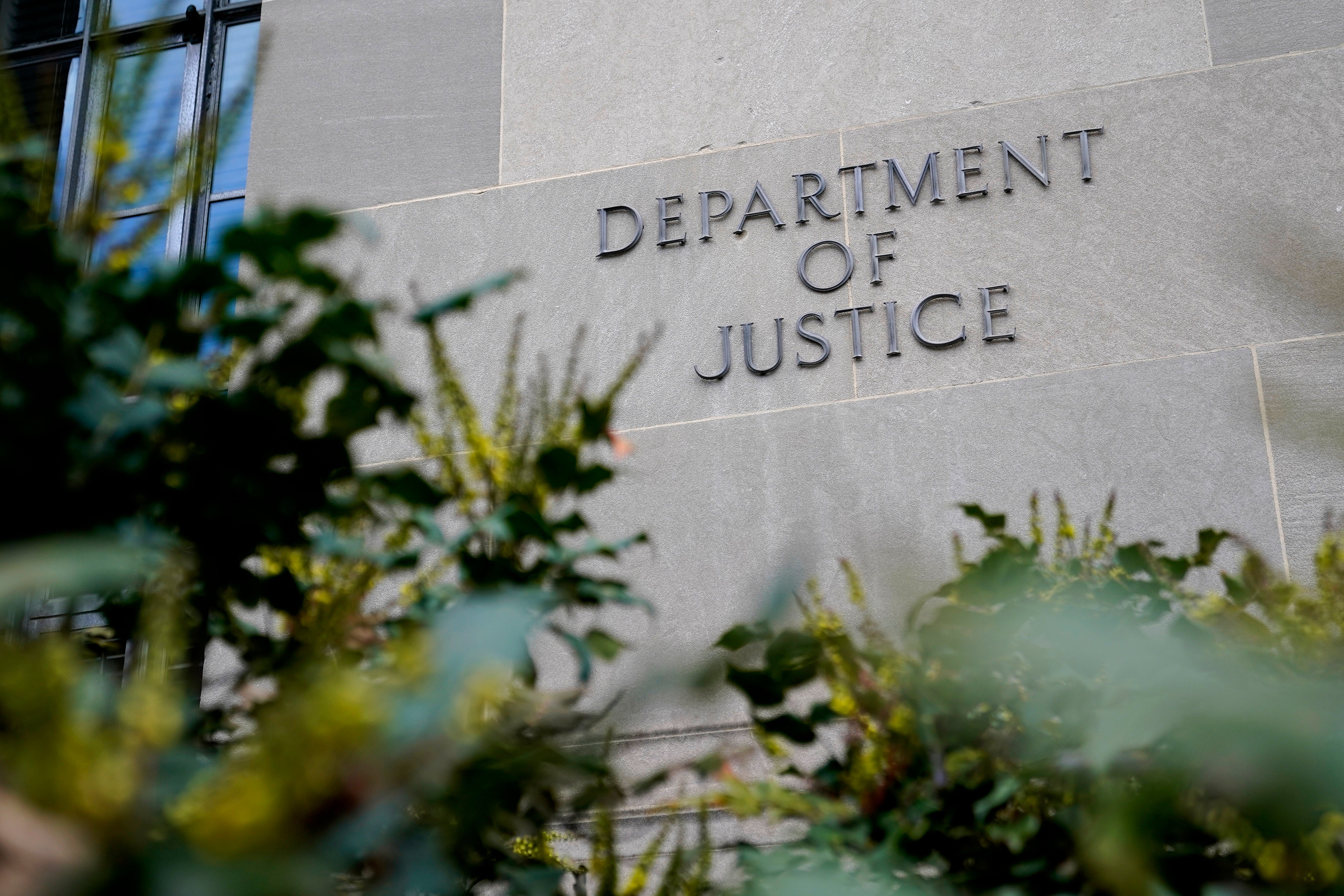Justice Department proposes major changes to address disparities in state crime victim funds
The Justice Department has proposed changes to rules governing state-run programs that provide financial assistance to violent crime victims in order to address racial disparities and curb the number of subjective denials of compensation

Your support helps us to tell the story
From reproductive rights to climate change to Big Tech, The Independent is on the ground when the story is developing. Whether it's investigating the financials of Elon Musk's pro-Trump PAC or producing our latest documentary, 'The A Word', which shines a light on the American women fighting for reproductive rights, we know how important it is to parse out the facts from the messaging.
At such a critical moment in US history, we need reporters on the ground. Your donation allows us to keep sending journalists to speak to both sides of the story.
The Independent is trusted by Americans across the entire political spectrum. And unlike many other quality news outlets, we choose not to lock Americans out of our reporting and analysis with paywalls. We believe quality journalism should be available to everyone, paid for by those who can afford it.
Your support makes all the difference.The Justice Department proposed changes Monday to rules governing state-run programs that provide financial assistance to violent crime victims in order to address racial disparities and curb the number of subjective denials of compensation.
The proposal from the Justice Department's Office for Victims of Crime, a major overhaul to how states across the U.S. currently handle victims compensation claims, comes less than a year after an Associated Press investigation exposed that Black victims were disproportionately denied in many states — often for subjective reasons rooted in implicit biases that are felt across the criminal justice system.
If adopted, the changes would bar states from considering a victim's criminal history and eliminate some of the most subjective reasons for denials in many states.
Thousands of Americans each year turn to the state-run victims compensation programs that provide financial assistance to victims of violent crime. The money is used to help with funeral expenses, physical and emotional therapy, lost wages, crime-scene cleanup and more.
But the AP found last year that in 19 out of the 23 states willing to provide racial data, Black victims were disproportionately denied compensation. In Indiana, Georgia and South Dakota, Black applicants were nearly twice as likely as white applicants to be denied. From 2018 through 2021, the denials added up to thousands of Black families each year collectively missing out on millions of dollars in aid.
Thousands of people are denied compensation every year for often subjective reasons that scrutinize victims’ behavior before or after a crime. The AP found that Black victims were nearly three times as likely to be denied for these reasons, including a category often called "contributory misconduct" where programs sometimes without evidence, accuse victims of causing or contributing to their own victimization.
The proposed changes would strictly limit when a state program can deny a person for misconduct including requiring that states put into law or policy what is specifically considered contributory conduct and the process they use to decide if it is being applied in a denial. The proposal also clarifies that state programs should not claw back money victims receive from crowdfunding sources such as GoFundMe among other changes.
The publication of the proposed rule changes opens a 60-day public comment period. It can take several months to process those comments and submit final rule changes.
Subscribe to Independent Premium to bookmark this article
Want to bookmark your favourite articles and stories to read or reference later? Start your Independent Premium subscription today.